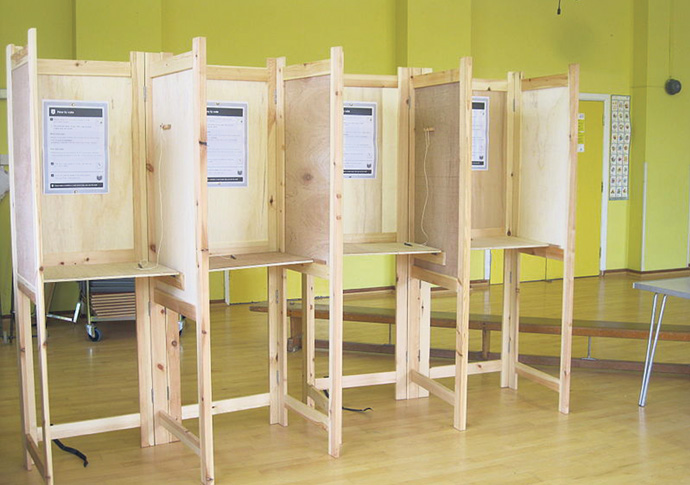The electoral system needs a shake-up
Friday, 27th September 2019

Should voting be compulsory?
• WHY is the United Kingdom’s democratic system considered to be one of the best when so many of the eligible electorate are disenfranchised?
In a UK general election it is estimated that only 100,000 voters or 80 constituencies decide on the future government. This is because of the first-past-the-post system and safe seats.
– first-past-the-post:
A system of proportional representation would make the whole of the electorates’ votes more representative.
Most candidates wanting to be members of parliament will opt for one of the two main parties because sooner or later the government of the day will lose an election and by default the other main party will be put into power.
Smaller parties have the advantage that you will know what the candidates of that party stand for rather than finding out later, as we have recently seen, that some candidates of the main parties had a different agenda.
Here the reason and value of your vote for them may have become invalid.
– safe seats:
In a safe seat, which may not be the party you support, you have no say in the inevitable choice of candidate or party unless you become a regular member of that party.
In a system of proportional representation you can join and support the party of your choice and influence the selection of parliamentarians who propose to represent you.
– vote value
It is estimated that in the first-past-the-post system 68 per cent of votes are “wasted”. Why do we not have more than one vote in a general election?
A proportional system of voting, with more than one vote, would enable the electorate to express their different preferences between candidates and parties rather than just a one-size-fits-all vote.
– compulsory voting:
Compulsory voting would have resolved the 2016 referendum because we would have known then what “all of the British people wanted”.
In the 2016 referendum, only 37 per cent of the eligible electorate (a minority) voted to leave the European Union.
Why is this minority constantly being referred to as “the will of the British people”? Are the 63 per cent (29million) who did not vote to leave the EU not British or without a will?
National elections and referenda should have compulsory voting. We will know then what “all of the British people want” rather than a vociferous, well-financed minority.
A change is long overdue. What modern democrat could object to a change to this entrenched, unrepresentative democratic system that does not enable everyone to participate on how they would prefer the country to be governed?
BRIAN POUND
Lyme Street, NW1